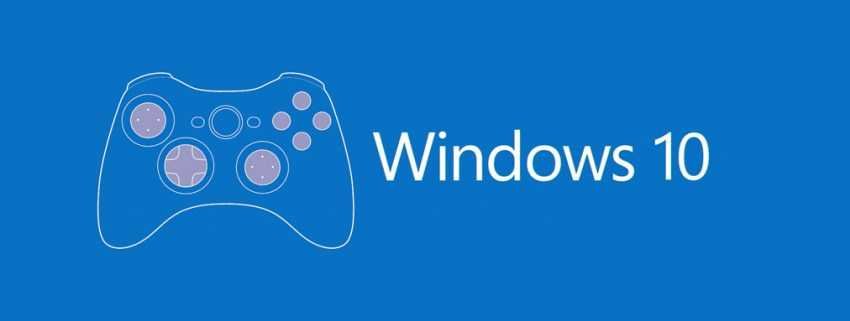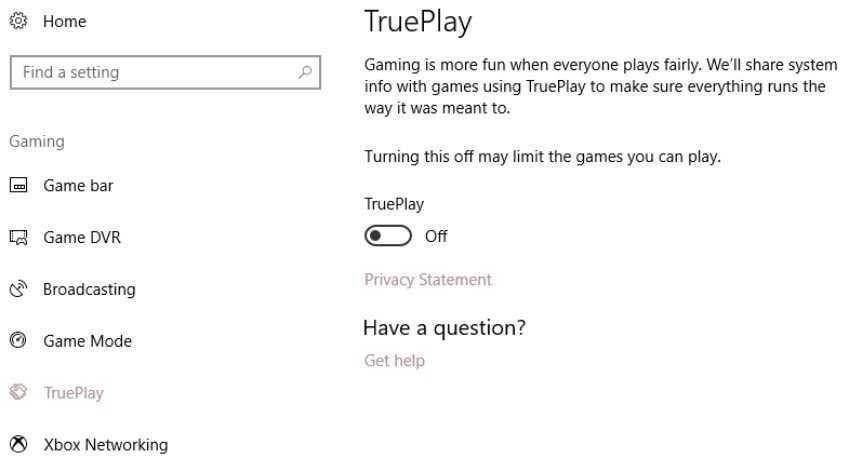Yes Windows 10 Fall Creators Update came with an anti-cheat engine: With the release of the Windows 10 Fall Creators Update this week, Microsoft rolled out an anti-cheat engine feature similar to Valve's VAC system.
The new feature is called TruePlay, and it's an anti-cheat system used by Gamers στα παιχνίδια τους. Είναι μια collection API that game developers can use in their games to detect cheaters.
The TruePlay allows developers to create games running in a protected process that automatically stops certain types of attacks commonly used by game cheats such as aimbots and wallhacks.
In addition to the hardened process container, TruePlay also provides a external Windows service that monitors game sessions for behaviors and manipulations reminiscent of cheating scenarios, successful or not.
TruePlay will immediately notify game developers if they try to cheat.
If fraud is detected, TruePlay may display alerts on the device, but it can also collect anonymous user data and send it to the developer, who can decide whether to punish him and how.
TruePlay is only available for games developed with UWP (Universal Platform of Windows) technology.
Because TruePlay collects data tracking users, Microsoft did not enable it by default. You can see it from Settings - TruePlay.
So if game developers adopt the feature, soon, players will not be able to participate in group games without having activated the feature.
Experts expect TruePlay to become very popular.
Recall that this is an API, and its integration with existing games should be easier than developing an anti-cheat engine from scratch.
TruePlay was known internally by Microsoft as GameMonitor and the company released it as a test feature with July build for Windows Insiders.





